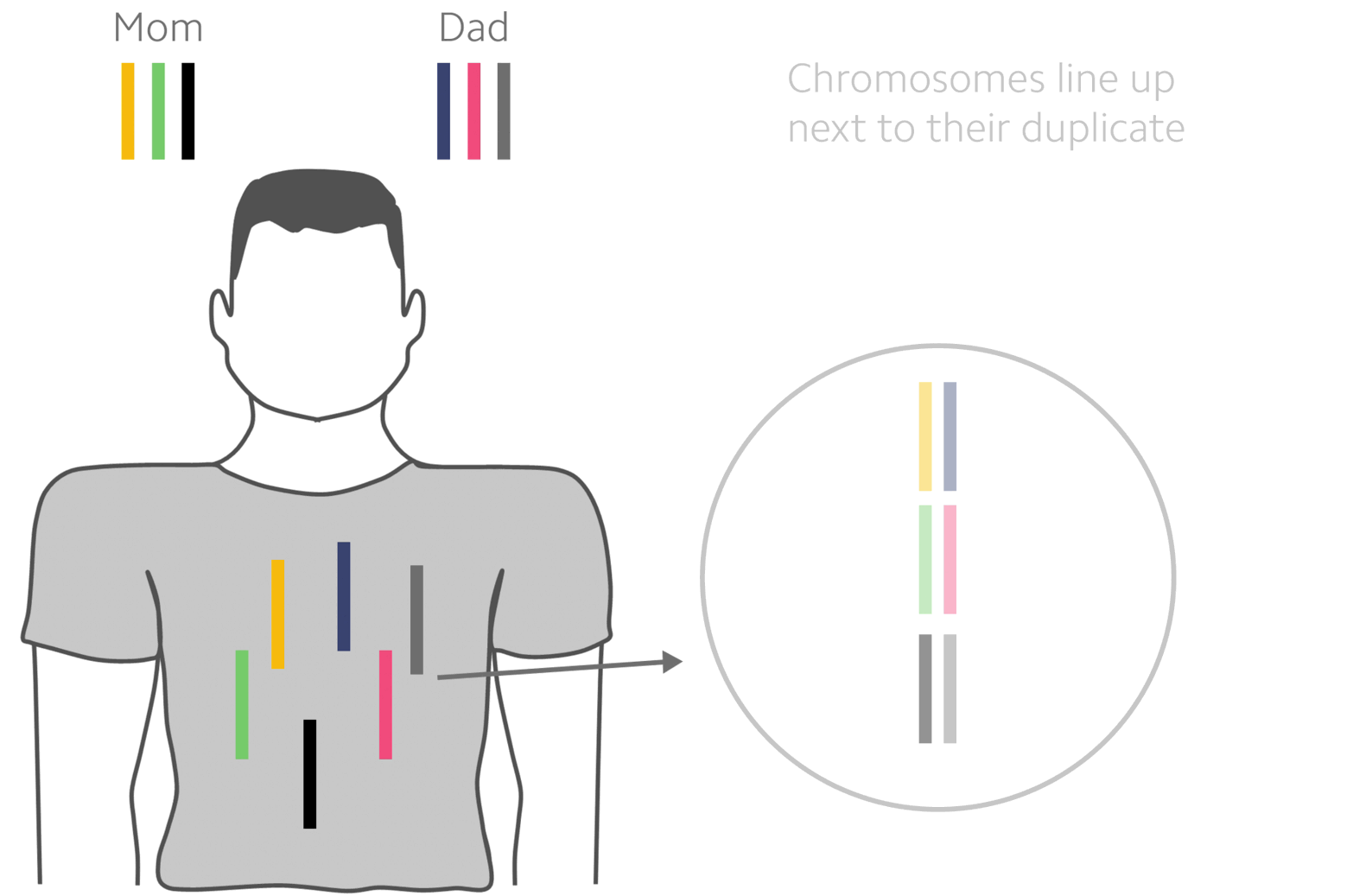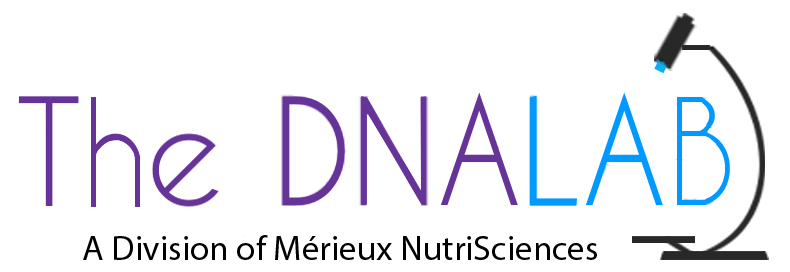When talking about DNA and how people inherit different traits, you’ll probably come across the term recombination—a critical process in human genetics that ultimately helps give you a diverse genome with bits of DNA from both your ancient and recent ancestors. Understanding recombination will help you learn about human inheritance, and discover some of the processes that helped make you uniquely you.
Human DNA is 99.9% identical from person to person. Although 0.1% difference doesn’t sound like a lot, it actually represents millions of different locations within the genome where variation can occur, equating to a breathtakingly large number of potentially unique DNA sequences. But how can nearly everyone have a unique DNA sequence if we inherit our DNA from our parents? Wouldn’t it stand to reason that our DNA is the same as theirs? In short, the answer is no.
There are multiple ways our bodies ensure that we have a unique set of DNA that differs from our parents. For starters, you inherit two copies of each chromosome—one copy from your mom and one copy from your dad. This means that your genome (all of your DNA) is already different because it contains chromosomes from both of your parents. This can also help explain why two siblings appear to have different genetic ancestry, since they may get different chromosomes from their parents.
To Read More: Click Here
References:
Helix Research Team(December 15, 2017). We get our DNA from our parents. So how are we all unique?. Helix. Retrieved from https://buff.ly/2A9miv




